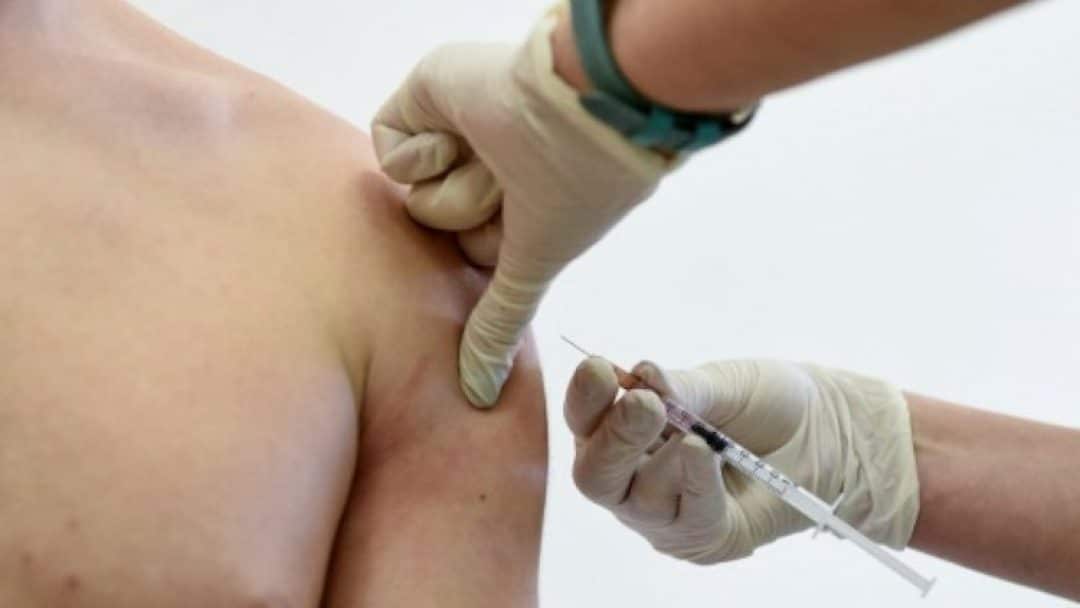The results are in for a new study that looked at the measles, mumps, and rubella vaccine, MMR, and the risk of developing of autism. After studying over 650,000 children, the study concluded that the vaccine doesn’t cause autism.
The study was conducted by using a population registry to determine the effect of the MMR vaccine on children born between 1999 and 2010 in Denmark. The chosen children were followed until August 2013, and the doctors noted diagnoses of autism and autism risk factors.
More than 95% of the studied children had gotten the vaccine, and 6,517 of the children were diagnosed with autism. According to the results, which were published in the journal Annals of Internal Medicine on Monday, there wasn’t an increase in the risk of autism in children who weren’t already at risk, and it didn’t trigger the disorder in children who were at risk.
“This idea that vaccines cause autism is still around and is still getting a lot of exposure in social media,” says the lead author and senior researcher, Anders Hviid.
Hviid and his team were worried about the growing fear of vaccines and wanted to provide evidence that disproved the false notion that vaccines trigger autism. Researchers hope that the new study will reassure parents.
The false claim that links vaccines, specifically the MMR vaccine, to autism came from a study conducted in 1998 by Andrew Wakefield. The study had been published in the medical journal The Lancet. However, it was later discovered that a law firm, which was planning to sue the manufacturers of the MMR vaccine, had compensated Wakefield for the study. Wakefield lost his medical license in 2010. In 2011, it was discovered that Wakefield had misrepresented the information on the 12 children he had studied to draw his conclusions. The Lancet retracted the published study the same year.
Other studies have tried to reproduce Wakefield’s findings, but they haven’t been able to link vaccines and autism.
“At this point, you’ve had 17 previous studies done in seven countries, three different continents, involving hundreds of thousands of children. I think it’s fair to say a truth has emerged,” says Offit.
While the link between the two has been disproven, anti-vaccine activities continue to propagate it. They have been blamed for measles outbreaks in the United States. More than 206 cases of measles were recorded in 2019 and there were 372 cases in 2018, according to the CDC.
The World Health Organization, WHO, states that anti-vaccine activists are one of the top 10 threats to global health in 2019.
“I think we are at a tipping point. I think people need to realize that a choice not to get a vaccine is not a risk-free choice. It’s a choice to take a greater risk, and unfortunately right now, we are experiencing that greater risk,” says Offit.








